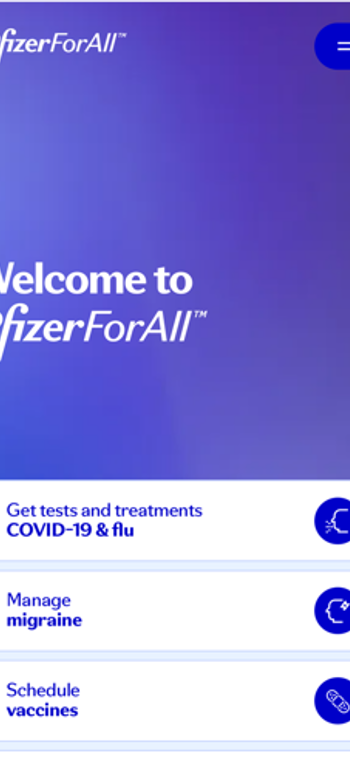
3 Ways Health Plans Can Work More Collaboratively With Pharmacies: Contributed Content
For a variety of reasons, including controversial direct and indirect remuneration (DIR) clawbacks, pharmacies and health plan pharmacy benefit managers (PBM) aren’t the friendliest of bedfellows. Concerns are growing that
Yet amid the noisy legislative strife and drama, the need for stronger collaboration between pharmacies and PBMs is becoming abundantly clear.
CMS has taken decisive action to strengthen the impetus around value-based care. The agency in 2020 doubled the weight
Given that the experience members have with their pharmacists influences perception and the Star Ratings of health plans, the collaborative relationship between care partners could use a little couples therapy.
Why improving pharmacy-health plan relationships matter
While the notion “member experience” is somewhat elusive — and CAHPS scores don’t always reflect the quality of care — health plans are under immense pressure to perform well and deliver 5-Star care and service. For some plans, anything short of 4.5 Stars could hurt payer’s ability to stay operational, given the broader surge in
But what we do know is that member experience — and what members indicate on CAHPS surveys— is influenced by their relationships with all caregivers, not just physicians.
Pharmacy professionals are increasingly operating at the top of their licenses. They are more likely to administer vaccinations and offer guidance and counseling to patients than in any other time in history. In underserved parts of the country, sometime
The bottom line: If patients receive exceptional service from their pharmacy, that will ultimately benefit the health plan. If pharmacies are cut back on staffing or service to offset PBM clawbacks, those cuts affect service. And if the quality of service declines, so does member perception.
Say a diabetic patient isn’t receiving their medication in a timely way because they struggle to obtain it, his or her outcome could worsen—as well as their perception of their experience.
Coming together
The health plan and pharmacy partnerships that are built on collaboration are better poised for success.
With that in mind, here are three ways that health plans can work more collaboratively with pharmacies to boost member experience — and thier Star Ratings:
1. Ensure visible value-based arrangements are in place with community pharmacies
Pharmacies aren’t always privy to the internal policies or pricing decisions made by health plans, such as the amount of money they’ll be asked to repay for dispensing certain medications.
But having very visible value-based arrangements and programs with pharmacy networks could do wonders for improving communication in all areas (including discussions of initiatives to support high-impact quality measurement improvements).
An American Journal of Managed Care
2. Leverage an integrated care management platform to coordinate care and value-based initiatives more effectively
When health plans, PBMs and community pharmacies are using different technologies to track supply chain management, medication administration and patient care, it can be difficult to monitor progress that’s tied to performance (e.g., adherence, influenza shots administered, drug plan satisfaction) and engage members in a coordinated way. Using an integrated clinical care management platform can help optimize medication use, oversee care management, reduce avoidable healthcare expenses and improve reporting for compliance and quality performance purposes.
3. Look for the easiest mutual opportunities for Star ratings improvement
Health plans regularly analyze data sources such as CAHPS data and their own prescription claims data to find the most obvious opportunities for improving performance. But they don’t always communicate their findings through these deep-dive analytics exercises to their care partners. This is a mistake, because there are many low-hanging fruit opportunities for pharmacies to work with health plans to improve care and service. Once value-based intervention arrangements are in place and operating through integrated clinical platforms as discussed above, the platform exists for very visible focus on pharmacy-specific mutual opportunities for improvement.
Without having to guess, pharmacists can do what they do best — problem solve. For example, if the Part D measures for adherence are lower than expected, pharmacy partners may have easy “fixes” in mind, such as rolling out a new webchat or automated refill service that could help patients obtain needed medications on time and more easily help out with that “Getting Need Prescriptions” measure a little too!
Working together to achieve common goals will become more important among all healthcare stakeholders as value-based care takes hold across the country.
When health plans and pharmacies embrace a collaborative relationship instead of an adversarial one, both are more likely to succeed with CMS’s Star ratings program and other quality initiatives, and that success translates to more members who are satisfied with their care and stay enrolled with their plan.
Anna Hall, PharmD, BCACP is the drector of quality services at
Newsletter
Get the latest industry news, event updates, and more from Managed healthcare Executive.























